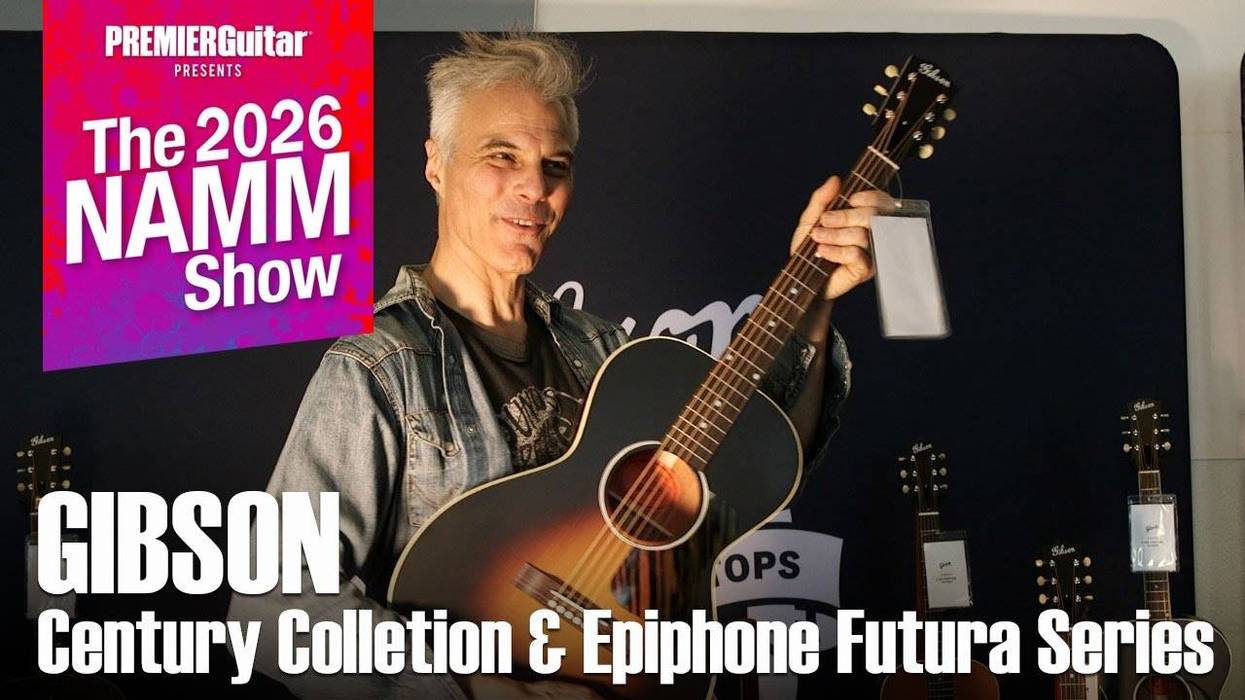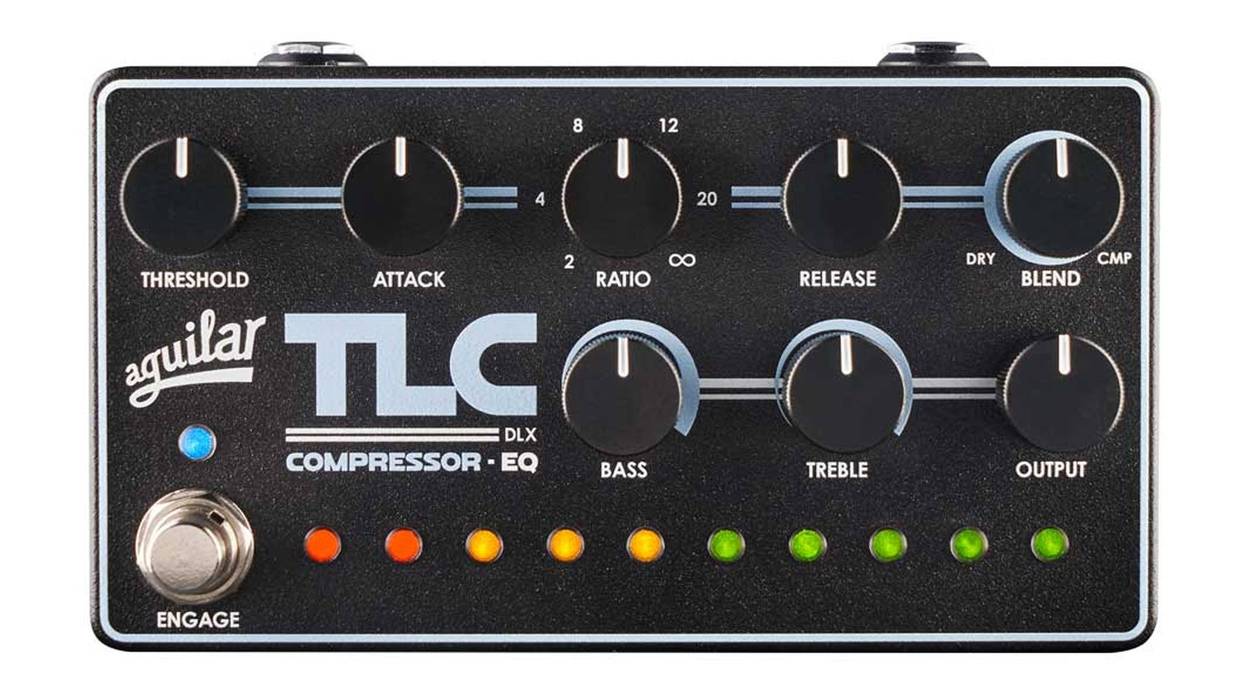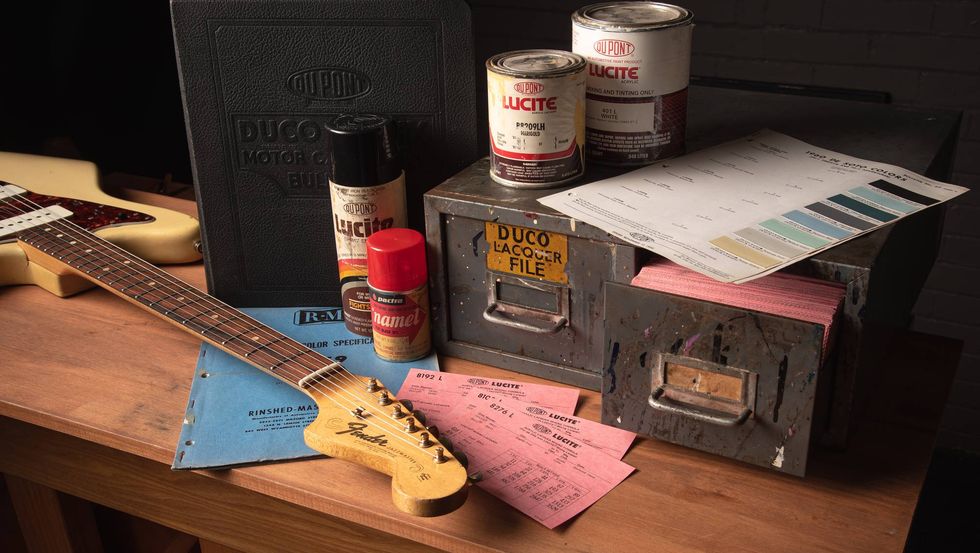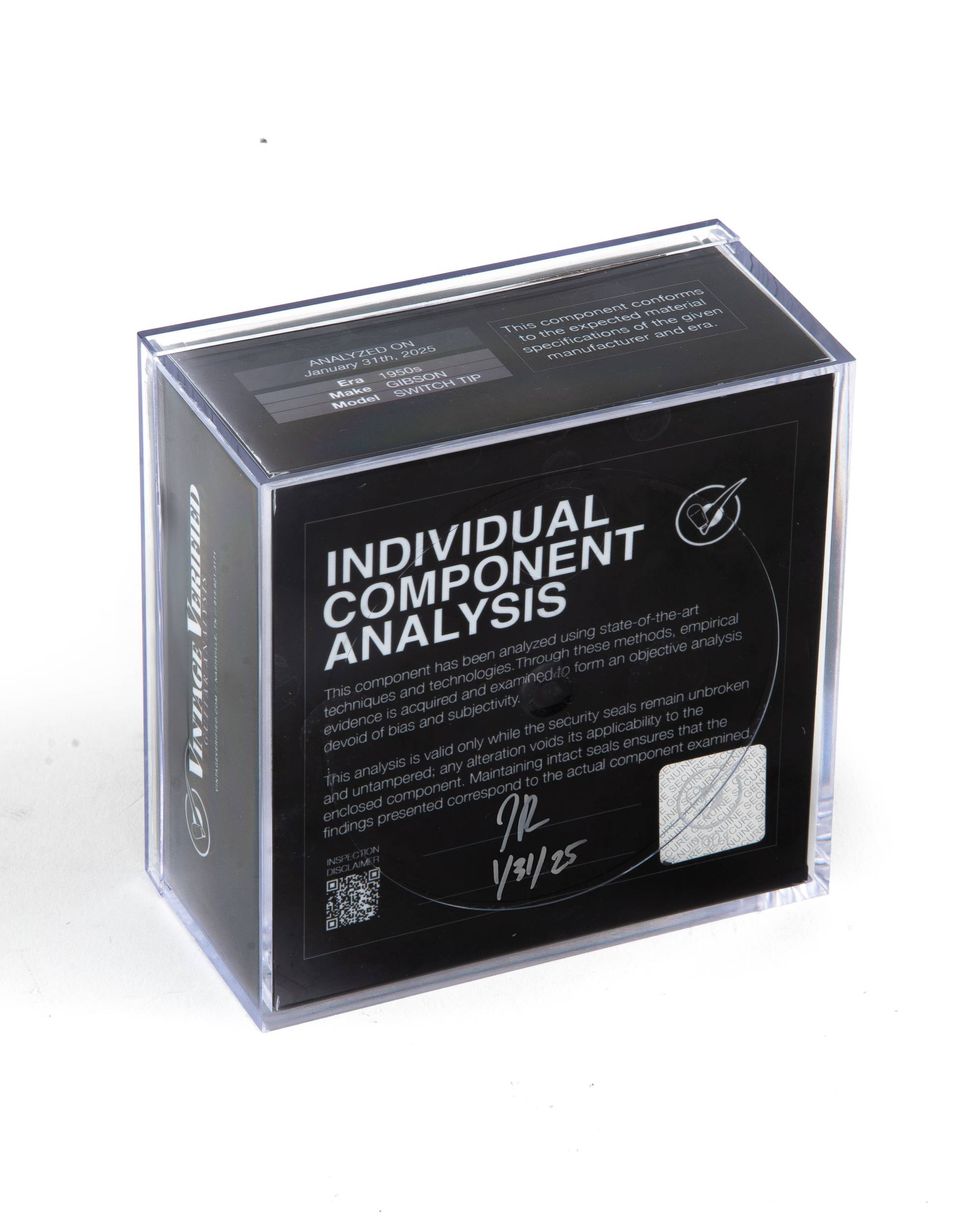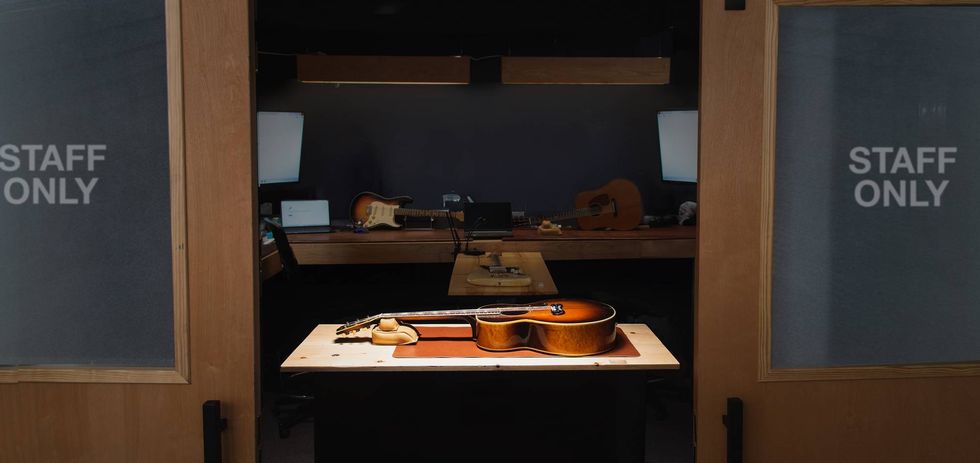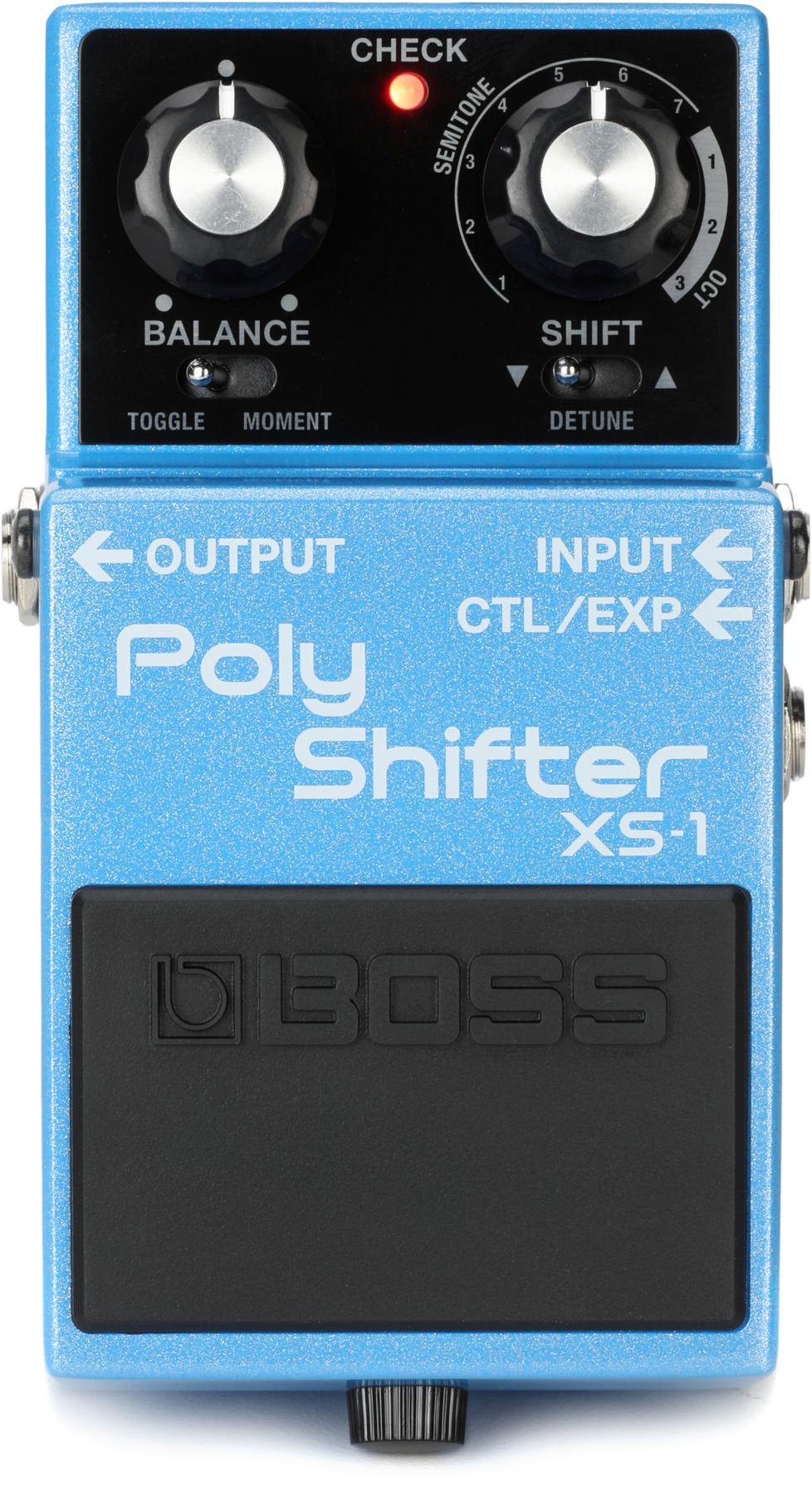Recorded with a Fender Stratocaster, ‘68 Fender Bassman, Apogee Duet, Shure SM-58, and Apple Logic.
Identical figure is played in various clipping configurations, followed by a single first-position chord played in various clipping configurations.
RatingsPros:Unique smooth to fractured fuzz tones. Excellent build quality. Cons: Esoteric clipping technology adds up to a little extra cost. Street: $235 Nanolog Orbital Fuzz nanologaudio.com | Tones: Ease of Use: Build/Design: Value: |
In 2018 we reviewed the excellent WaveFunction from Canadian company Nanolog Audio. Apart from sounding great, WaveFunction distinguished itself via proprietary “molecular junction” or “nano-molecular sandwich” diodes. In that pedal, which also used silicon and germanium clipping diodes, the nano-molecular diodes were comparatively bold, fat, hot, and aggressive. In the new Nanolog Orbital Fuzz you can choose molecular junction or silicon clipping for each of the two gain stages. The results range from full and hot to gigantic and hotter, and many unique textures in between.
In general, dual nano-diode settings are warm and round, with Big Muff-scale mass. (Nanolog says the Big Muff was a primary source of inspiration for this design). Dual silicon-diode settings, meanwhile, are feral and toppy with hints of silicon Fuzzrite and silicon Fuzz Face. The two settings that mix diode types, meanwhile, range from heated and huge to a more focused, relatively low-output fuzz. The tone control has enough range to recast any of these sounds in significant ways, but it’s the gate control that most drastically reshapes the voices, turning each into a more chaotic, sputtering and trashy version of itself. I loved these sounds. And when you add in the fatter, singing, and sustaining voices, the Orbital Fuzz adds up to a most versatile and unique buzz machine.
Test gear: Fender Telecaster Deluxe with Curtis Novak Wide Range-style Humbuckers, Rickenbacker 330, ’67 Fender Vibrolux Reverb













